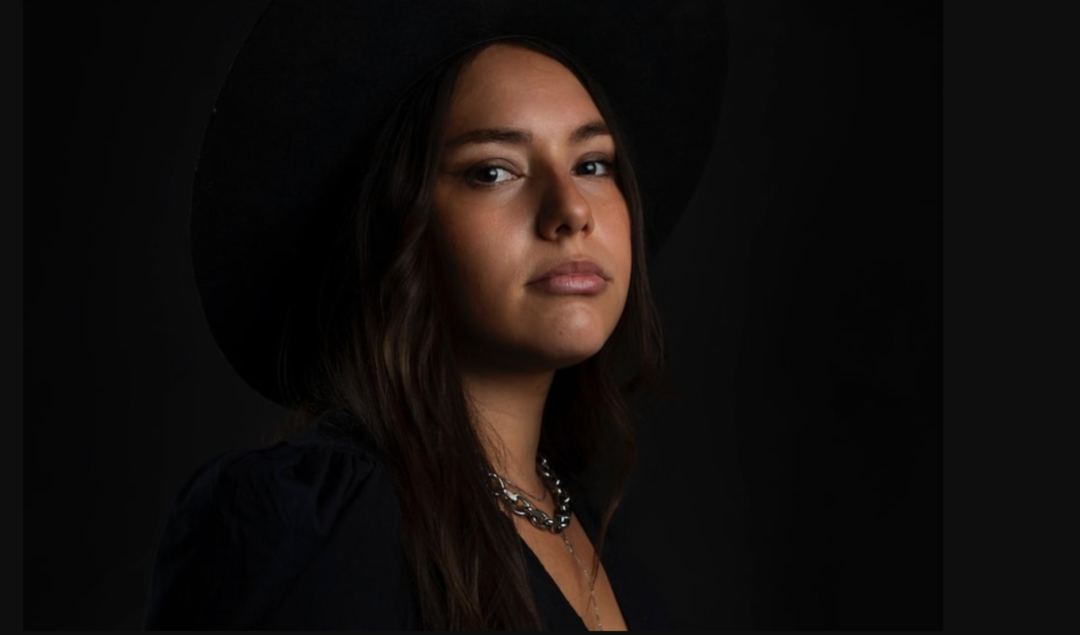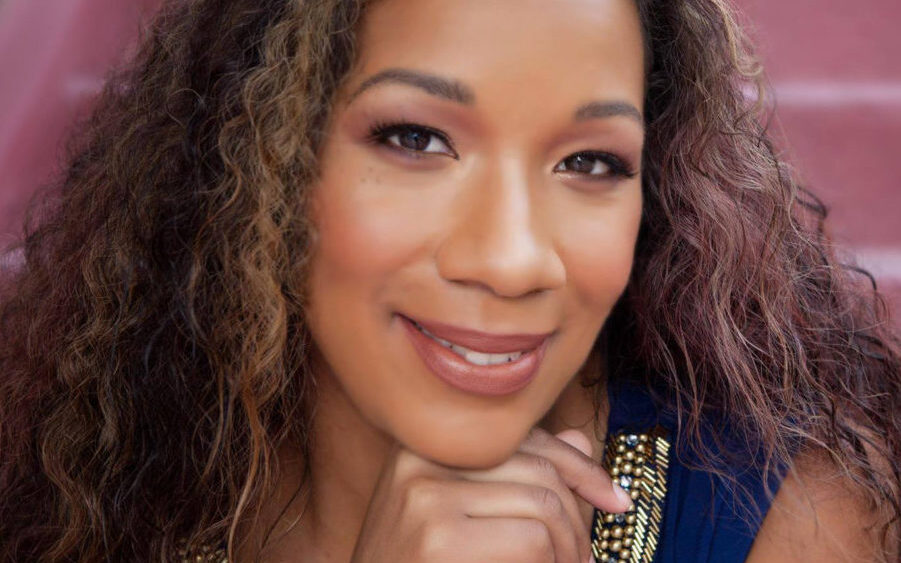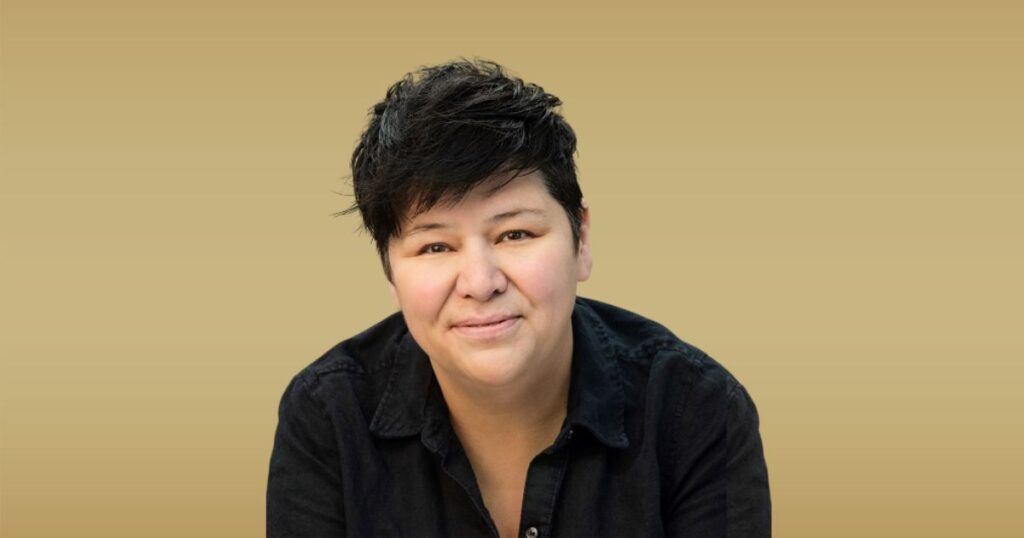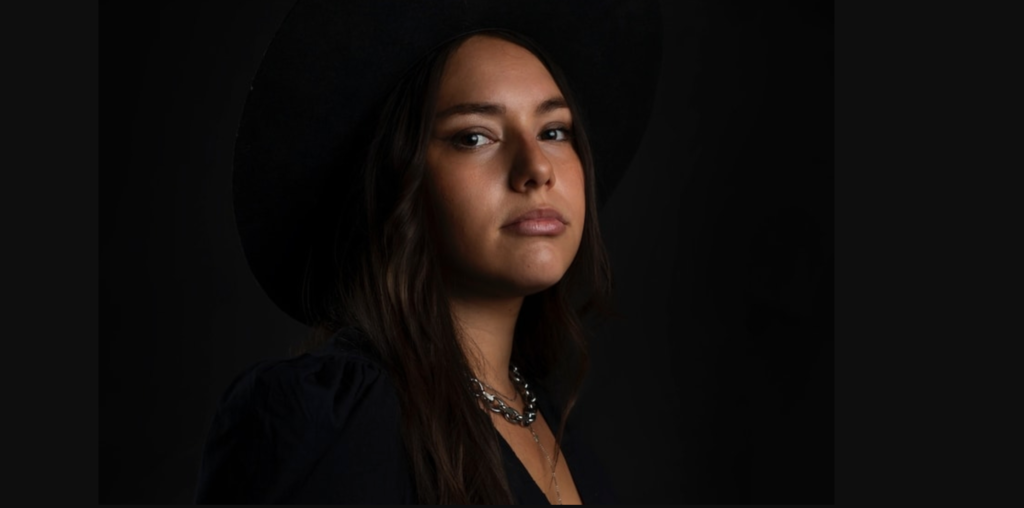These Indigenous Women Are Breaking New Ground In Tech

This article by Kelly Boutsalis was originally posted on Linktree.
As Indigenous people continue to face marginalization across the world, we spoke to three powerful women working in tech who are paving the way for future generations.
Celebrated every year on August 9, the International Day of the World’s Indigenous People recognizes the need to voice Indigenous people’s inclusion and involvement in modern society, so that they can receive the same social and economic benefits provided to all.
Despite the reconciliation efforts that have been made over the years, social inequity is still abundant and representation for Indigenous people within the economic workforce remains limited, particularly within the tech world. Only 0.8% of Google’s 135,000 employees in the United States are Native American, while at Apple, that number sits at 0.1%, according to Google’s 2021 Diversity Annual Report.
Those low numbers are detrimental for the technology industry, as diverse companies are more likely to drive innovation and market growth, according to research conducted by Harvard Business Review.
To celebrate challenging the status quo, we are highlighting three inspiring Indigenous women who are carving their own paths in the world of tech.
The women—and Linktree users—profiled are contributing to the tech industry in a myriad of ways: launching an impact tech start-up, creating an ecosystem to foster access to employment, and providing an Indigenous worldview to the tech ethics space.
Lisa Mae Brunson, Founder of Wonder Women Tech

Growing up in Las Cruces, New Mexico, Lisa Mae Brunson never felt her interest in science, technology, and innovation was nurtured as a person of color.
“Those opportunities weren’t given to me. I feel so shortchanged looking back and seeing I could have been an astronaut, or an engineer by now,” says Brunson, who is Black, Indigenous and Latina. “They were not part of the cultural expectations that we had.”
Her mother was adopted as a child, and recent searches into Brunson’s background reveals Indigenous ties to northern New Mexico and Southern Colorado. Beyond this knowledge, the entrepreneur has run into several road bumps in determining the exact tribe her mother came from.
Now living in Long Beach, California, Brunson is the founder and chief visionary of conference and programming non-profit Wonder Women Tech, which aims to not only celebrate and connect BIPOC women, LGBTQ+, underrepresented and diverse communities in STEAM industries (Science, Technology, Engineering, Arts, Math), but also offers coding classes, hackathons, and more opportunities to these groups.
Brunson says that her career has been shaped by the knowledge that there are people out there who could be the next great inventor or engineer, but they don’t have the access or exposure to thought leaders who look like them. It hasn’t all been smooth sailing though, with the visionary almost quitting in the past year, tired of needing to show proof of concept nine years after launching her company.
“In any industry we’re at a disadvantage, but particularly in the industry of technology, where there are billions and billions of dollars. We shouldn’t have to be proving ourselves over and over and it’s unfortunate that we do.”
After coming back from a road trip to New Mexico, meeting with Elders in an Indigenous community, Brunson gained a renewed sense of purpose for her company, and is now focused on building the next generation of Wonder Women Tech.
“Our impact is that we create opportunities,” she says. “We work with Fortune 500 companies, universities, organizations and individuals to make sure that we are increasing the number of BIPOC innovators in these industries.”
Linktree is one of Brunson’s favorite tools that allows her to keep followers updated with Wonder Women Tech events or funding or incubator applications. “It’s become a really necessary tool for us to be able to display all the things we’re doing, in a snapshot.”
Bobbie Racette, Founder of Virtual Gurus

Bobbie Racette has successfully created her own space within the tech industry. The Cree-Metis woman is the founder and CEO of Virtual Gurus, a startup that connects people to virtual assistants who are from underrepresented and marginalized communities.
“Being an Indigenous woman myself, I’ve always struggled to find work,” Racette recalls, from Calgary, Alberta. “Administration was my background, and I remember many times going for job interviews, and you can just tell right away that they were going to say no, even though my skill sets were amazing.”
Racette says that the ultimate goal for Virtual Gurus is that 95% of their contractors will identify as women, 65% will be BIPOC, and 45% will be part of the LGBTQ+ community.
“Our impact is providing work to underrepresented folks, whether or not they have the skill set. If they don’t, we will put them through our Virtual Gurus Academy, and then get them into being remote workers from home.”
Virtual Gurus is in partnership with Indigenous institutions and corporations to gear up for bringing more Indigenous people onboard as virtual assistants for 2022, helping them gain access to technology and training to become employees.
The fast-growing company, which shifted to remote work during the pandemic, began in 2020 with five full-time staff. Today Virtual Gurus has 30 employees and experienced a 217% year over year growth from February 2020 to February 2021..
Linktree is a popular tool at Virtual Gurus, both internally for resources and information for contractors, and externally for virtual assistants using it to run their clients’ social media accounts. Racette points her own Instagram account to Virtual Guru content, which signals to visitors that her posts are personal but if they want to learn more about her company, they can hit up Linktree.
Suzanne Kite, Global Coordinator of the Initiative for Indigenous Futures

Suzanne Kite has brought her Oglala Lakota community’s worldviews into the field of tech ethics. Based in Tulsa, Oklahoma, Kite is a research assistant and global coordinator of the Initiative for Indigenous Futures and recently contributed to a position paper on the ethics of tech from an Oglala Lakota worldview.
“What I’m working on is using AI to deeply consider how Lakota people define non-human beings, and I think it’s a really good opportunity to reflect upon that and see what Lakota ethics can contribute to tech ethics,” says Kite. “There aren’t very many people thinking from that angle.”
Coming from the art world—she’s also a performance and visual artist and composer—has been beneficial to bringing creativity into the field of tech ethics, says Kite.
“Art allows me to think very creatively about the future and possibilities for technology, and the Initiative for Indigenous Futures and Aboriginal Territories in Cyberspace is all about creating space to think about the future from Indigenous perspective. I’m very proud that I can work in this space from this perspective.”
Kite uses her Linktree to showcase her two merging worlds of arts and tech. “I keep my record label and my artists website in there, links to the artificial intelligence position paper, and my newsletter archive. And then I keep a running list of recent show recordings and interactive web pieces.”
The International Day of the World’s Indigenous People brings light to the injustices that Indigenous people face around the world, raising awareness on the need for reform and education every day of the year. While continuing to pay homage to Indigenous communities, there are many people—just like these three women—who are leading the way for other Indigenous people to enter often-guarded fields and claim their rightful space. Whether it is technology or another field, diversity across industries can instill a more productive, successful, and innovative workplace.
This article by Kelly Boutsalis was originally posted on Linktree and has been republished with the author's permission.



